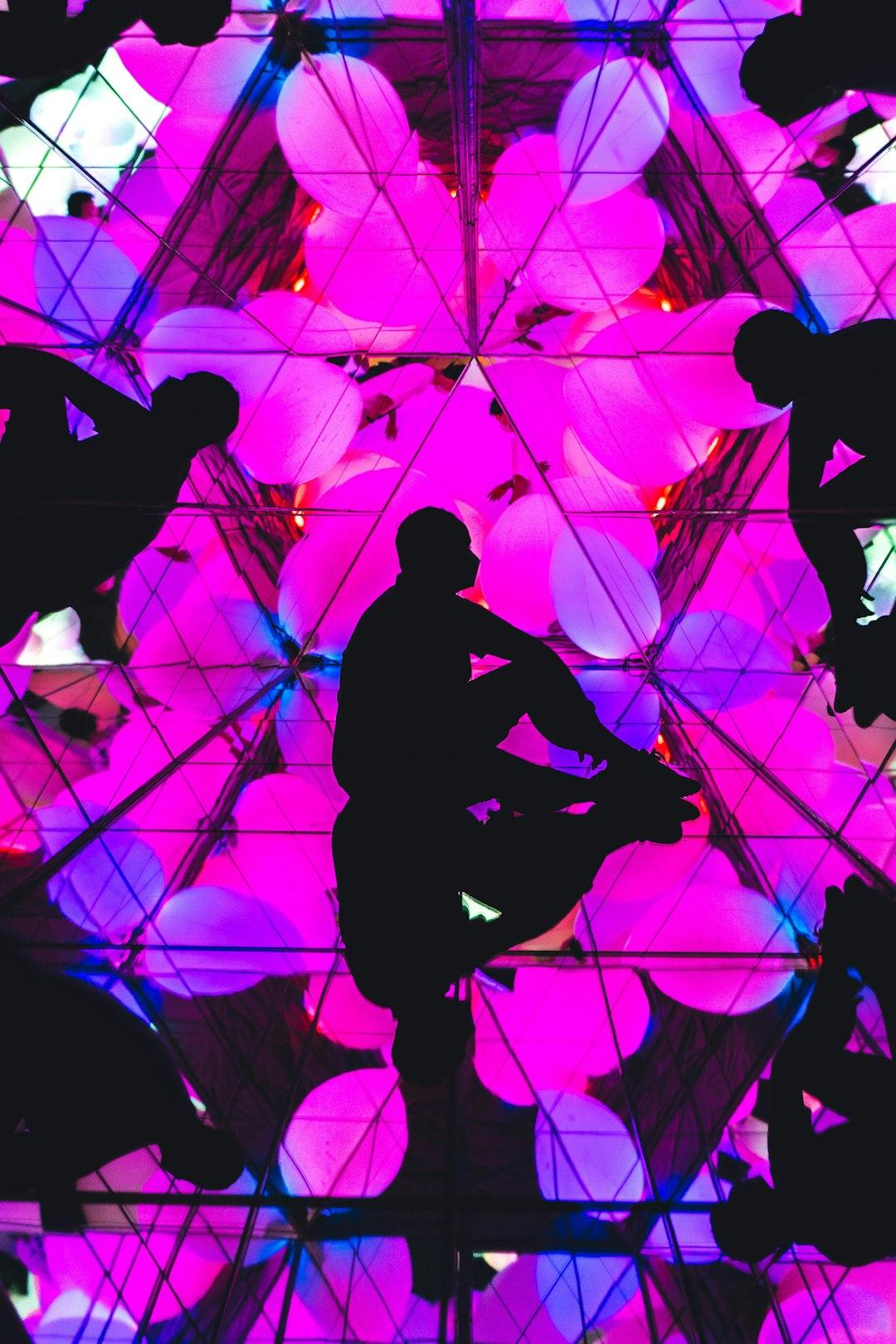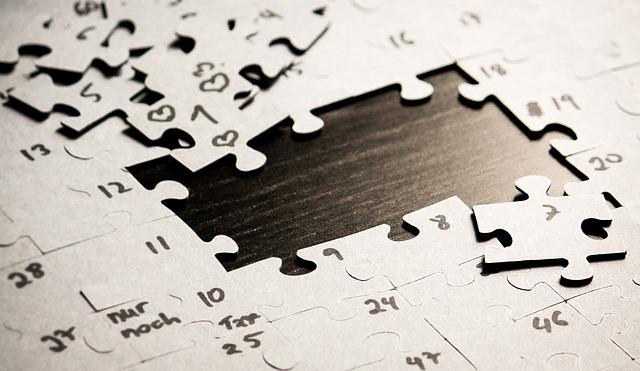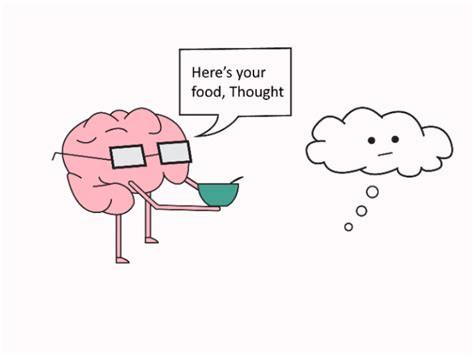Respect Each Others’ Delusions
Curated from: collabfund.com
Ideas, facts & insights covering these topics:
13 ideas
·3.75K reads
26
2
Explore the World's Best Ideas
Join today and uncover 100+ curated journeys from 50+ topics. Unlock access to our mobile app with extensive features.
Learn enough from history to bear reality patiently, and respect one another’s delusions.
– The lessons of history
ARIEL DURANT
42
608 reads
Double edged razor
- When you realize that you – the good, noble, well-meaning, even-tempered, fact-driven person that you are – have views of how the world works that are sure to be incomplete if not completely wrong, you should have empathy for others whose deluded beliefs are obvious to you.
- Daniel Kahneman’s rightly observed that we are better at spotting other people’s flaws than our own.
36
476 reads
- Of course there is a limit to respecting other people’s delusions. Delusions that directly harm or impede others shouldn’t be tolerated.
- The key here is accepting that everyone is deluded in their own unique way. You, me, all of us.
But let me share just three causes of major delusions.
And ask yourself: Do you think you are exempt from these forces?
32
410 reads
1.
Nothing is as persuasive as what you’ve experienced firsthand.
- Since we’ve all had massively different life experiences, what seems obvious to me may be bonkers to you, and vice versa.
- Most debates are not really debates; They are two people with different life experiences talking over each other.
- Everyone is trying to make sense of the world through the lens of their own experience.
- As those experiences grow everyone’s lens tends to focus on a slightly different version of “truth” in the world – especially for social topics like politics, religion, and investing.
36
353 reads
“When the truth is uncertain, our brains resolve uncertainty without our knowledge by creating the most likely reality they can imagine based on our prior experiences.”
DAVID MCRANEY
33
362 reads
2.
Your willingness to believe something is influenced by how much you want and need it to be true.
Perception of Belief:
Individual beliefs are influenced by personal circumstances and needs. Desperation can lead to susceptibility to unlikely promises, exemplified by the purchase of lottery tickets by low-income individuals seeking hope.
Depressive Realism vs. Comforting Delusions:
While some hold more realistic views due to depressive realism, most people maintain comforting delusions that shape their beliefs and decisions, often diverging from statistical accuracy.
35
324 reads
Incentives and Decision-Making:
Decisions are often driven by incentives, even when statistically flawed. Acknowledging this bias is crucial in analyzing one's own justifications and actions.
Illusion of Certainty:
The illusion of certainty persists until proven wrong, blurring the line between right and wrong beliefs.
Another McRaney quote fits well here:
“Until we know we are wrong, being wrong feels exactly like being right.”
41
282 reads
3.
When there’s an absence of perfect information, emotion, passion, and tribal identity fill the void.
- Benford's Law of Controversy suggests that passion inversely correlates with available information, implying that strong emotions often accompany limited understanding.
- Emotion tends to fill gaps in knowledge, leading to oversimplified, binary views lacking nuance. Despite varying susceptibility, everyone is prone to this bias.
- Amidst ongoing controversy and disagreement, I'm reminded of Durant's advice to patiently acknowledge reality and respect others' beliefs.
35
256 reads
The problem with emotion and passion is they tend to be black or white, with no room for the nuance required to understand most topics. You get a false sense of confidence, and one that’s disguised as absolute truth.
MORGAN HOUSEL
31
230 reads
What's in it for you & me?
Here's why respecting others' delusions can be beneficial for you:
- Maintaining Relationships: Respecting someone's delusions can help in maintaining positive relationships. When you acknowledge and respect their beliefs, even if you don't share them, it shows empathy and understanding, which can strengthen your bond with that person.
- Avoiding Conflict: Challenging someone's delusions can often lead to conflict or tension. By respecting their beliefs, you can avoid unnecessary arguments and maintain harmony in your interactions.
17
94 reads
- Promoting Open-mindedness: Being respectful of others' delusions can promote open-mindedness and tolerance. It encourages you to consider different perspectives and understand that people's beliefs may be shaped by various factors, including personal experiences, culture, and upbringing.
- Building Trust: When you respect someone's delusions, you demonstrate trust in their ability to make their own choices and decisions, even if you don't agree with them. This can foster mutual respect and trust in return.
18
78 reads
Food for thought
- Can you think of a time when you've encountered someone with beliefs that seemed delusional to you? How did you handle the situation, and what could you have done differently?
- How can we strike a balance between respecting others' delusions and promoting critical thinking and rationality?
- Are there certain contexts or situations where it might be more important to challenge someone's delusions, and if so, how can we approach this respectfully?
- How might cultural or societal factors influence our willingness to respect others' delusions?
31
206 reads
IDEAS CURATED BY
Content Curator | Absurdist | Amateur Gamer | Failed musician | Successful pessimist | Pianist |
CURATOR'S NOTE
People don’t remember books; they remember sentences.
“
Similar ideas
3 ideas
4 ideas
How To Attract Good Luck
bakadesuyo.com
Read & Learn
20x Faster
without
deepstash
with
deepstash
with
deepstash
Personalized microlearning
—
100+ Learning Journeys
—
Access to 200,000+ ideas
—
Access to the mobile app
—
Unlimited idea saving
—
—
Unlimited history
—
—
Unlimited listening to ideas
—
—
Downloading & offline access
—
—
Supercharge your mind with one idea per day
Enter your email and spend 1 minute every day to learn something new.
I agree to receive email updates









